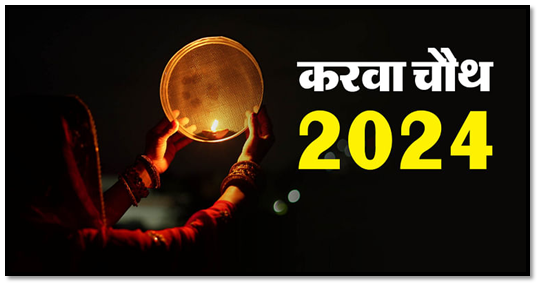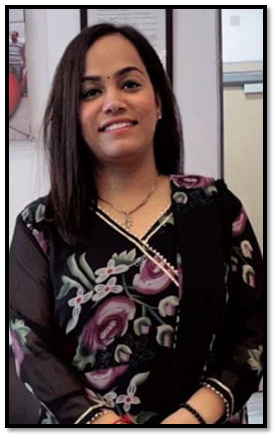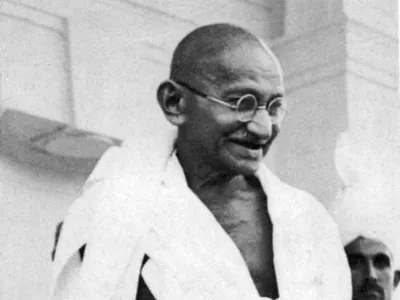Karwa Chauth: A Festival of Devotion and Tradition
Karwa Chauth is a significant and revered festival celebrated predominantly in northern India, particularly by married Hindu women. This annual observance, which usually falls in October or November, is marked by fasting, prayer, and elaborate rituals, and it underscores the deep devotion and cultural heritage associated with marital relationships.
The origins of Karwa Chauth are deeply rooted in Hindu mythology and folklore. The festival is traditionally observed on the fourth day after the full moon in the Hindu month of Kartika. Its central theme revolves around the commitment and love of married women for the well-being and longevity of their husbands.
One popular legend associated with Karwa Chauth is the tale of Queen Veeravati. According to the legend, Queen Veeravati, who was very devoted to her husband, observed a rigorous fast on Karwa Chauth. However, she was unable to break her fast until she had seen the moon. As the story goes, her husband’s life was endangered due to her breaking the fast prematurely. Eventually, the gods intervened, restoring her husband’s health, emphasizing the importance of devotion and the adherence to the rituals.
Karwa Chauth is celebrated with great enthusiasm and devotion. The day begins before sunrise and extends until the sighting of the moon in the evening. Here is an overview of the typical rituals and practices associated with this festival:
Pre-Dawn Preparations: The fast begins with a pre-dawn meal called “Sargi,” which is usually prepared by the mother-in-law. This meal includes a variety of foods that provide energy for the day’s fast. Women wake up early to partake in this meal before the sun rises, after which they begin their fast.
Fasting: Women observe a rigorous fast from sunrise to moonrise, refraining from food and water. This fast is performed with utmost devotion and is believed to enhance the bond between husband and wife. The fast is also seen as an act of sacrifice and love.
Puja (Prayer Rituals): Throughout the day, women engage in puja or prayer rituals dedicated to Lord Shiva and Goddess Parvati. The rituals are performed to seek blessings for the longevity and well-being of their husbands. Women often gather in groups to perform these rituals, exchanging stories and offering prayers.
Decorative Preparations: Homes are adorned with traditional decorations, including rangoli (colorful patterns made on the floor) and lights. Women dress in vibrant, festive attire, often including red or maroon sarees and jewellery, adding to the festive atmosphere.
Moon Sighting: The fast is broken after the sighting of the moon. Women typically view the moon through a sieve or a piece of cloth to symbolize the filtering of negative influences. Following this, they offer prayers to the moon and to their husbands. A meal is then prepared, and the fast is concluded with the sharing of food.
Celebratory Feasts: After the fast is broken, families gather to enjoy a festive meal. Special dishes and sweets are prepared for the occasion, and the day ends with communal celebrations and expressions of joy.

Karwa Chauth holds immense cultural and emotional significance in Indian society:
Expression of Love and Commitment: The festival symbolizes the deep love and commitment that married women have for their husbands. It is a testament to the strength of marital bonds and the sacrifices made for the well-being of loved ones.
Strengthening of Marital Bonds: By observing the fast and participating in rituals, women reinforce their devotion and strengthen their relationships. The festival fosters a sense of unity and mutual respect within the family.
Cultural Heritage: Karwa Chauth is a reflection of India’s rich cultural traditions. The customs and rituals associated with the festival are passed down through generations, preserving and celebrating the country’s cultural heritage.
Community and Social Engagement: The festival encourages social interaction among women, as they often come together to perform rituals and share their experiences. This communal aspect adds to the joy and camaraderie of the celebration.
The essence of Karwa Chauth lies in its message of devotion, love, and perseverance. It serves as a reminder of the strength and resilience of marital bonds, celebrating the deep connection between husband and wife. The festival also highlights the importance of cultural traditions and the role they play in maintaining social and familial harmony. Karwa Chauth is more than just a day of fasting; it is a celebration of love, commitment, and cultural heritage. As married women come together to observe this ancient tradition, they embrace the festival’s deeper meaning and contribute to the vibrant tapestry of India’s cultural landscape.
By: Ms. Gunjan Oli (Executive – ATF & Insurance)




